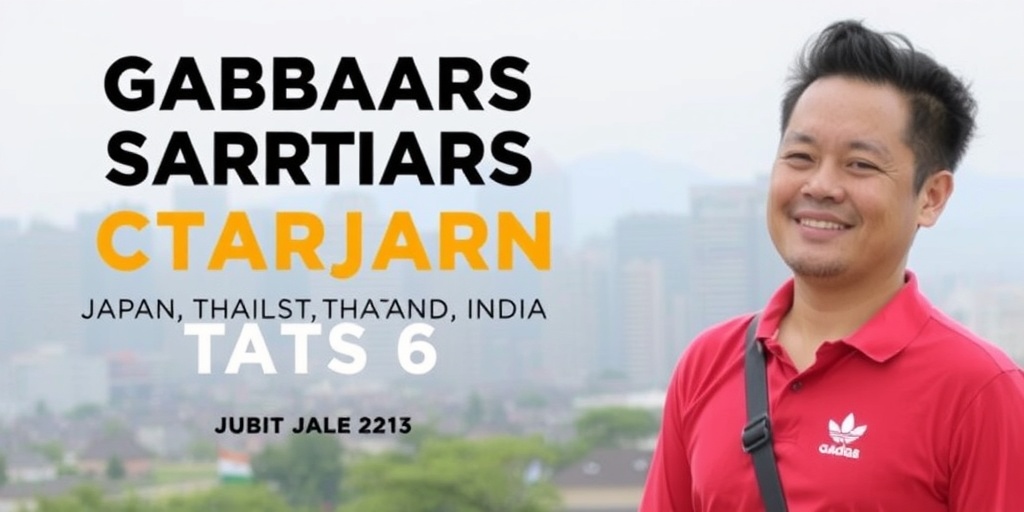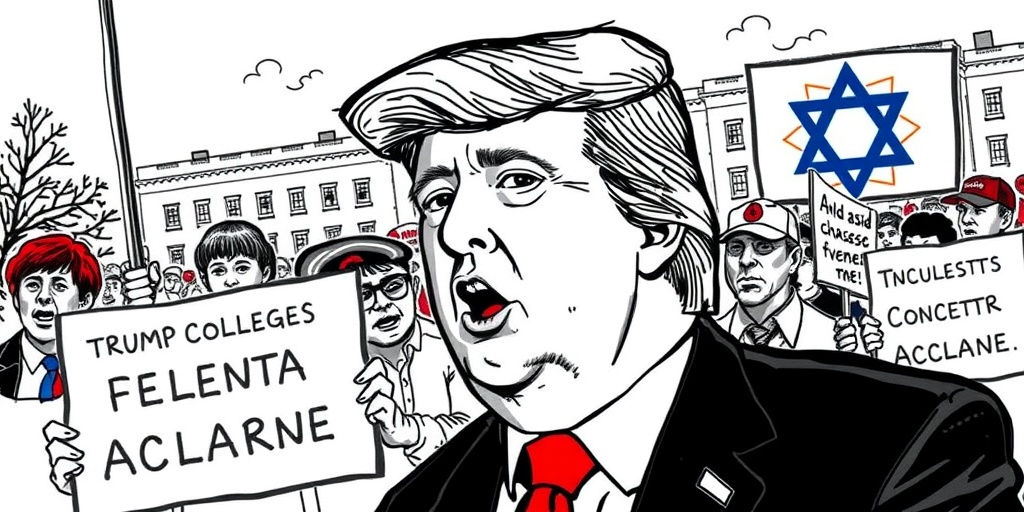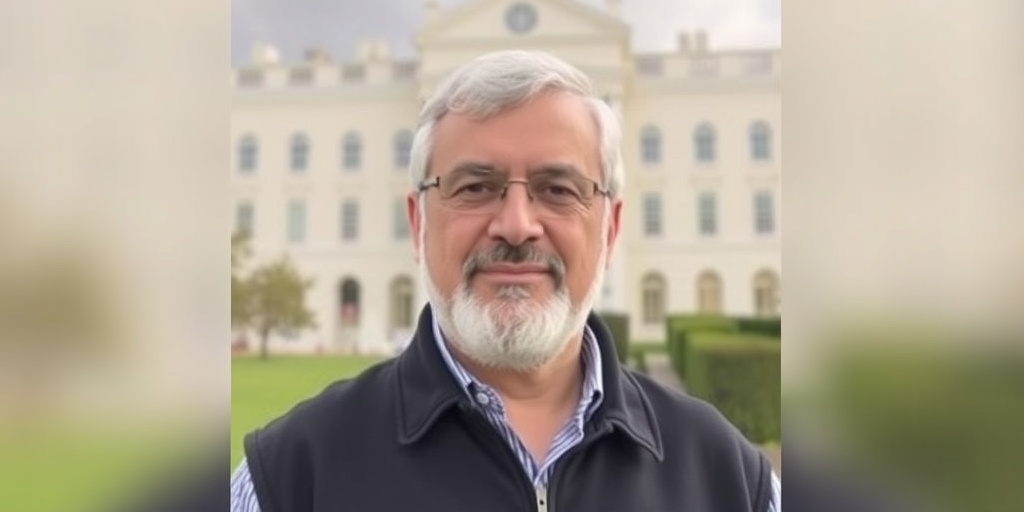Now Reading: Gabbard Starts Asia Tour: Japan, Thailand, India
-
01
Gabbard Starts Asia Tour: Japan, Thailand, India
Gabbard Starts Asia Tour: Japan, Thailand, India

Tulsi Gabbard Embarks on Strategic Asia Tour, Aiming to Strengthen Security Alliances
Tulsi Gabbard, the recently appointed director of national intelligence, is embarking on a significant diplomatic mission to Asia that underscores the Trump administration’s commitment to bolstering security relationships in the region. Her trip, which is set to include stops in Japan, Thailand, and India, will culminate in a critical engagement at the Rasina conference in New Delhi, scheduled for March 18.
Gabbard made the announcement via a social media post on Monday, highlighting her intention to visit key Asian nations before making a stop in France on her return journey to the United States. This international engagement marks her second overseas trip as a high-ranking official within the Trump administration. Just a month prior, she participated in the Munich Security Conference in Germany, where discussions focused on global security challenges and transatlantic cooperation.
Her upcoming journey begins with a stop in Hawaii, a strategic U.S. military hub known for housing the National Security Agency’s significant operations and the Indo-Pacific Command headquarters. Upon her arrival in Hawaii, Gabbard is expected to engage with military and intelligence personnel, as well as observe U.S. troops in training exercises. This firsthand experience underscores Gabbard’s commitment to understanding the operational context of U.S. defense initiatives, especially in the Indo-Pacific region.
The Asia leg of her tour is particularly noteworthy as it aligns with heightened geopolitical tensions and security concerns in the region. Gabbard’s participation in the Rasina conference reflects a strategic effort to engage with key international players on critical issues. Invited by Indian Prime Minister Narendra Modi, the Rasina conference assembles security officials from various nations to discuss pressing geopolitical challenges.
During her address at the conference, Gabbard plans to engage in bilateral meetings with Indian officials as well as representatives from other nations. While the potential for discussions with senior Russian security officials at the conference exists—historically, the event has included such participation—it remains unclear if Gabbard will pursue such engagements amid the ongoing conflict between Ukraine and Russia. The Trump administration’s approach has emphasized a push for a cease-fire and substantial negotiations aimed at resolving the war, which could shape Gabbard’s discussions further.
The geopolitical landscape has shifted significantly since the previous Munich conference, where the Trump administration’s officials, including Vice President JD Vance, garnered attention for their controversial remarks concerning Europe’s role in global politics. Vance’s critique of European nations emphasized the need for greater recognition of conservative viewpoints, which rattled many diplomats present at the event. In contrast, Gabbard’s message, which revolved around fostering counterterrorism collaboration between Europe and the United States, resonated positively with diplomatic audiences eager for assurances of continued U.S. commitment to longstanding security partnerships.
As Gabbard prepares for her Asia trip, she is expected to adopt a similar narrative, focusing on critical themes such as counterterrorism, cybersecurity, artificial intelligence, and intelligence sharing. These topics resonate with both American and global interests, especially in the context of escalating cyber threats and the growing significance of AI in national security strategies.
Her diplomatic outreach emphasizes the importance of collaborative efforts in addressing common challenges that transcend national borders. Strengthening intelligence-sharing mechanisms is increasingly vital in countering terrorism and cyber threats, which have become more sophisticated and disruptive.
Gabbard’s tour is set against the backdrop of a rapidly evolving security landscape in Asia, where nations face challenges ranging from territorial disputes to cyber warfare. Her high-profile meetings and engagements are anticipated to bolster U.S. alliances in the region, reflecting a comprehensive strategy to enhance security partnerships that will safeguard mutual interests.
In conclusion, Tulsi Gabbard’s upcoming trip to Asia represents a pivotal moment for the Trump administration as it seeks to navigate complex geopolitical dynamics and reinforce America’s stand in international security matters. By addressing significant themes at the Rasina conference and conducting bilateral discussions with key officials, Gabbard aims to position the United States as a proactive leader in addressing global security challenges, fostering cooperation, and building alliances that will endure in the face of emerging threats.
Stay Informed With the Latest & Most Important News
Previous Post
Next Post
-
 01New technology breakthrough has everyone talking right now
01New technology breakthrough has everyone talking right now -
 02Unbelievable life hack everyone needs to try today
02Unbelievable life hack everyone needs to try today -
 03Fascinating discovery found buried deep beneath the ocean
03Fascinating discovery found buried deep beneath the ocean -
 04Man invents genius device that solves everyday problems
04Man invents genius device that solves everyday problems -
 05Shocking discovery that changes what we know forever
05Shocking discovery that changes what we know forever -
 06Internet goes wild over celebrity’s unexpected fashion choice
06Internet goes wild over celebrity’s unexpected fashion choice -
 07Rare animal sighting stuns scientists and wildlife lovers
07Rare animal sighting stuns scientists and wildlife lovers





















